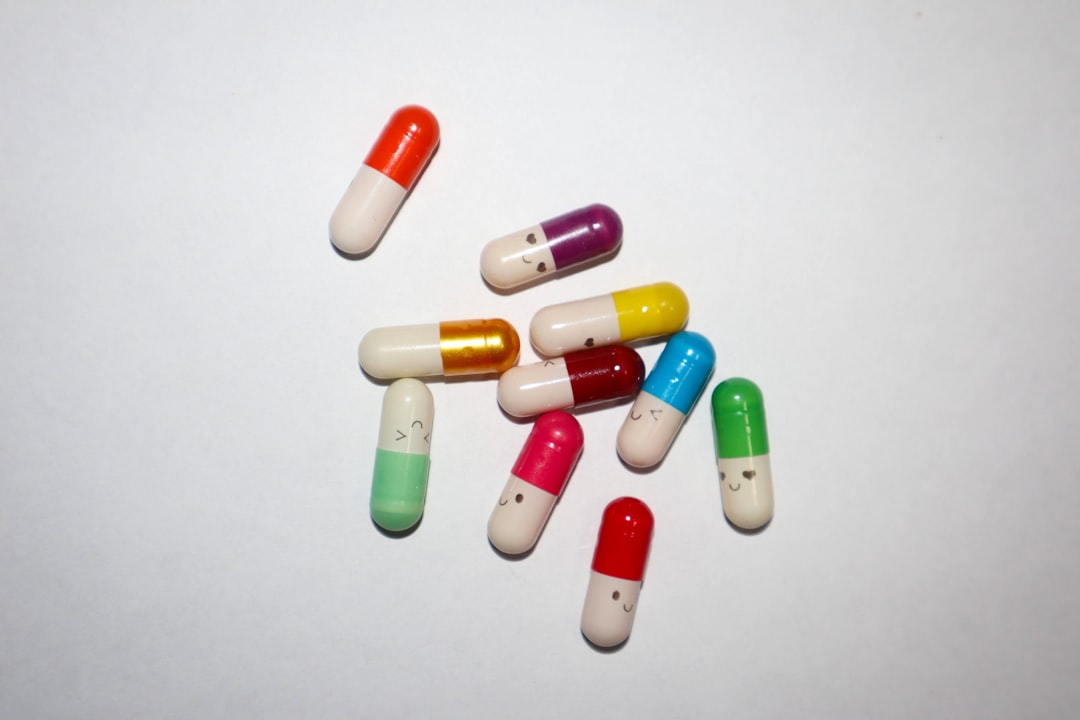Introduction
Palisade Bio Inc (Nasdaq: PALI) is a clinical-stage biopharmaceutical company based in Carlsbad, California. Established in 2005, the firm develops targeted oral therapies designed to preserve intestinal barrier integrity and treat immune, inflammatory, and fibrotic diseases. Its lead candidate, PALI-2108, is a microbiota-activated phosphodiesterase-4 (PDE4) inhibitor prodrug in development for moderate-to-severe ulcerative colitis (UC), with a second program, PALI-1908, advancing in preclinical studies for fibrostenotic Crohn’s disease (FSCD).
Corporate Structure
Palisade Bio employs between 11 and 50 people, including executives with backgrounds in clinical medicine, biomedical engineering, and finance. Among its leadership team are Mitchell L. Jones, MD, PhD (Chief Medical Officer), J.D. Finley (Chief Executive Officer), and Ryker Willie (Senior Vice President, Finance and Corporate Controller). The company operates from its headquarters in Carlsbad and is listed on Nasdaq under the ticker PALI.

Biopharmaceuticals by little plant
Developments and News
On February 10, 2025, Palisade Bio presented preclinical data for PALI-2108 at the Crohn’s & Colitis Congress in San Francisco, indicating efficacy in a DSS mouse model without central nervous system toxicity. Topline results from the ongoing Phase 1a/b study in healthy volunteers and UC patients are expected in the first half of 2025.
A pipeline update dated April 4, 2025, confirmed the completion of single-ascending and multiple-ascending dose cohorts for PALI-2108. Both ulcerative colitis and fibrostenotic Crohn’s disease are slated to enter IND-enabling studies and Phase 1b/2a trials in the first quarter of 2026.
In September 2025, Palisade received a No Objection Letter from Health Canada for its FSCD clinical trial application of PALI-2108. Dosing in the Phase 1b study is anticipated to begin in the second half of 2025, with topline safety, pharmacokinetic, and pharmacodynamic readouts expected in the first quarter of 2026.
Financial and Strategic Analysis
On October 1, 2025, PALI closed at $1.3381, reflecting a 55.65% increase on a volume of 20,406,059 shares compared to an average of 2,458,334. The 52-week trading range spans $0.53 to $4.32, and the market capitalization was approximately $9.8 million. With a beta of 1.39, the stock exhibits volatility relative to the S&P 500 benchmark.
The trailing twelve-month metrics indicate a net loss of $11.85 million and a diluted EPS of –$3.48. The balance sheet reports $5.43 million in cash with a debt-to-equity ratio of 12.9%. Levered free cash flow was reported at –$6.06 million over the same period.
On October 1, Palisade filed an S-1MEF amendment (File No. 333-290568) registering additional securities to its prior Form S-1. This filing suggests an intention to raise equity capital for ongoing research and development as well as potential pipeline expansion.
Market Position and Industry Context
Palisade operates in the inflammatory bowel disease (IBD) sector, addressing ulcerative colitis and Crohn’s disease with precision prodrug approaches. Its colon-targeted PDE4 inhibitors aim to improve remission rates while minimizing systemic immunosuppression. Competitors include established biologics and small molecules in the IBD space, but few focus on microbiota-activated prodrugs. The global IBD market is projected to exceed $20 billion by 2030, with ongoing concerns regarding safety and convenience shaping Palisade’s strategic positioning.
tl;dr
On October 1, 2025, PALI shares increased by 55.65% to $1.3381 following an S-1MEF filing to register additional shares. The company expects topline data for PALI-2108 in ulcerative colitis in the first half of 2025, received Health Canada clearance for FSCD in September 2025, and anticipates Phase 1b dosing for fibrostenotic Crohn’s disease in the second half of 2025 with readouts expected in the first quarter of 2026.